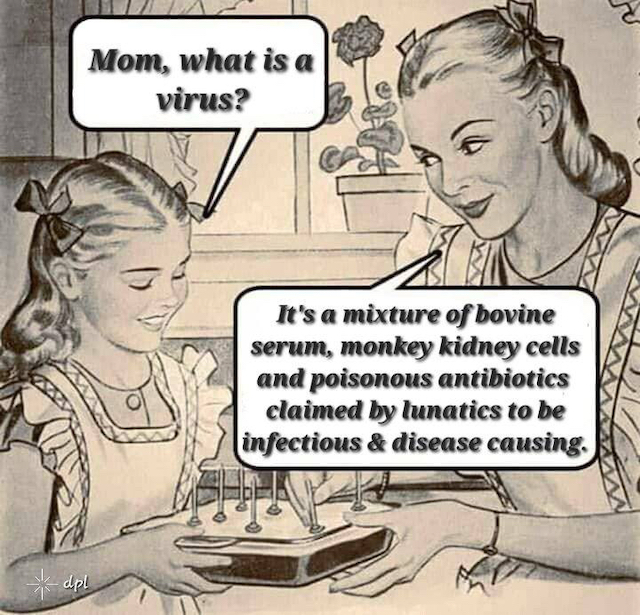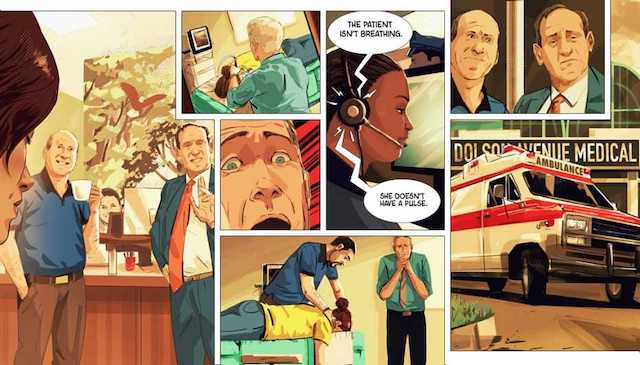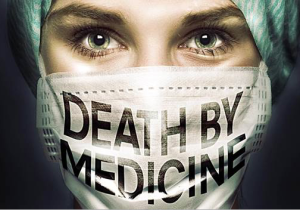The Poison is in MORE than just the Needle!
 The Super Bowl commercial breaks were — I am told, having been spared from American advertising given my residence overseas — replete with cancerous cringe.
The Super Bowl commercial breaks were — I am told, having been spared from American advertising given my residence overseas — replete with cancerous cringe.
Pfizer’s spot was no exception.
Stat News (emphasis added):
Super Bowl ads are a show within the show, an opportunity for brands and advertising creatives to put their work in front of more than 100 million viewers. And while the occasion is most closely associated with ads for beer, cars, and soft drinks, pharma giant Pfizer dished out millions of dollars for its own message: “Here’s to science”. Continue reading


 Excluding different doses and formulations, more than 140 brands of drugs will have their prices raised next month, the data showed.
Excluding different doses and formulations, more than 140 brands of drugs will have their prices raised next month, the data showed.
 Half of working-aged adults in the United States report it is somewhat or very difficult to afford their health care costs, according to new data published by the Commonwealth Fund, and these financial pressures can lead them to delay or forgo care, resulting in worse downstream health outcomes. [
Half of working-aged adults in the United States report it is somewhat or very difficult to afford their health care costs, according to new data published by the Commonwealth Fund, and these financial pressures can lead them to delay or forgo care, resulting in worse downstream health outcomes. [ Naomi Wolf was, until the covid era, “a well-known feminist nonfiction writer for thirty-five years . . . privileged to be part of the cultural ‘scene’ made up of influencers on the progressive Left.” With great courage, she rejected the masks, lockdowns, and vaccines urged upon us by the state, viewing them as totalitarian impositions upon us. Her heroic stance turned her into a “nonperson”: her friends and associates on the left shunned her.
Naomi Wolf was, until the covid era, “a well-known feminist nonfiction writer for thirty-five years . . . privileged to be part of the cultural ‘scene’ made up of influencers on the progressive Left.” With great courage, she rejected the masks, lockdowns, and vaccines urged upon us by the state, viewing them as totalitarian impositions upon us. Her heroic stance turned her into a “nonperson”: her friends and associates on the left shunned her. The world’s pharmaceutical drug factories have become so filthy that the United States Department of Defense (DoD) is
The world’s pharmaceutical drug factories have become so filthy that the United States Department of Defense (DoD) is  The turn of the 20th century promised to offer cures for every ailment with patented and colorfully packaged pills. Yet here we are. What happened? We were duped. More importantly, so were all of the well-meaning doctors, nurses, medical technicians, and scientists. There is a cancer within what we now know of as modern medicine – eating away at the very heart of its original design. Rather than saving and healing humanity, this cancer seeks to destroy us from within.
The turn of the 20th century promised to offer cures for every ailment with patented and colorfully packaged pills. Yet here we are. What happened? We were duped. More importantly, so were all of the well-meaning doctors, nurses, medical technicians, and scientists. There is a cancer within what we now know of as modern medicine – eating away at the very heart of its original design. Rather than saving and healing humanity, this cancer seeks to destroy us from within.





 War is the right word meaning they are killing more patients each year than any war. Over the last ten years, the numbers add up to a minimum of 3.5 million dead and that is only if you count the way doctors count. If you count the way I count, by including doctor ignorance of what can prevent death, like magnesium does in heart disease, the numbers would be millions higher.
War is the right word meaning they are killing more patients each year than any war. Over the last ten years, the numbers add up to a minimum of 3.5 million dead and that is only if you count the way doctors count. If you count the way I count, by including doctor ignorance of what can prevent death, like magnesium does in heart disease, the numbers would be millions higher.